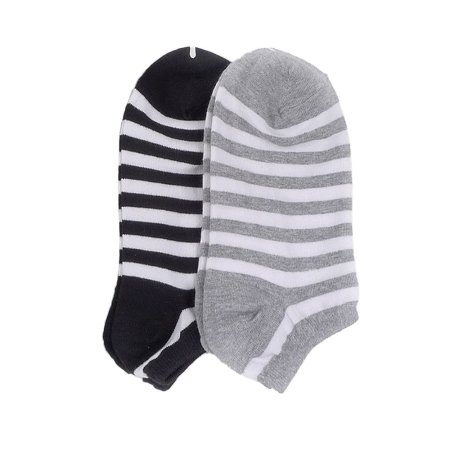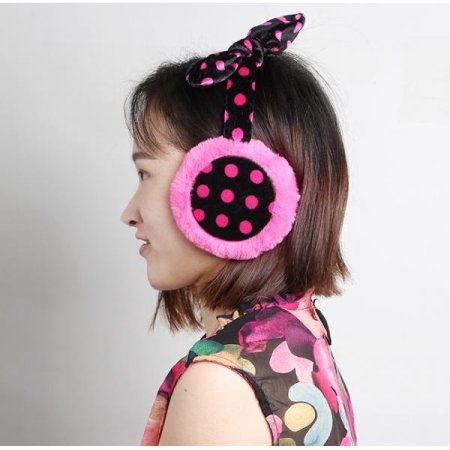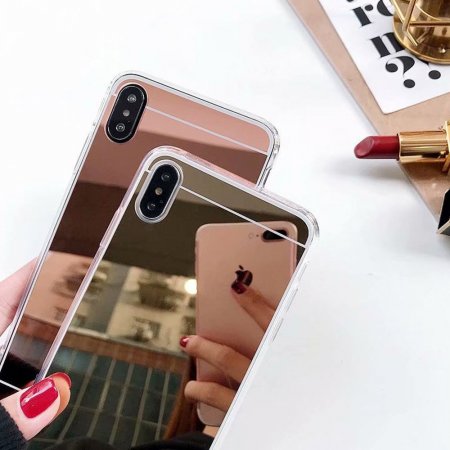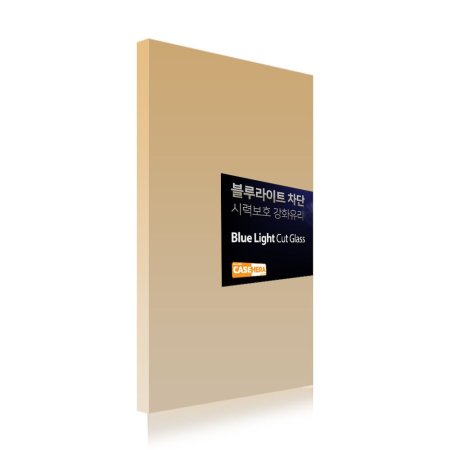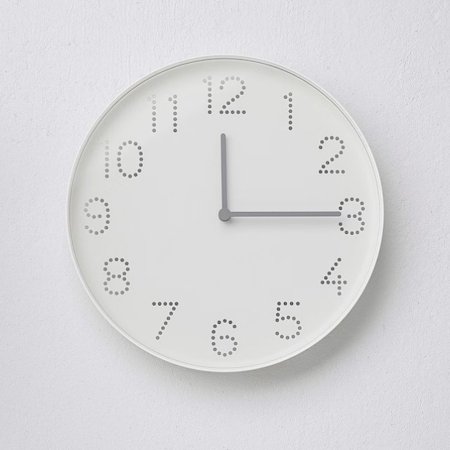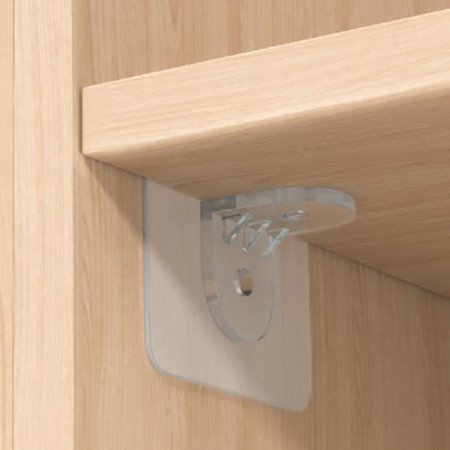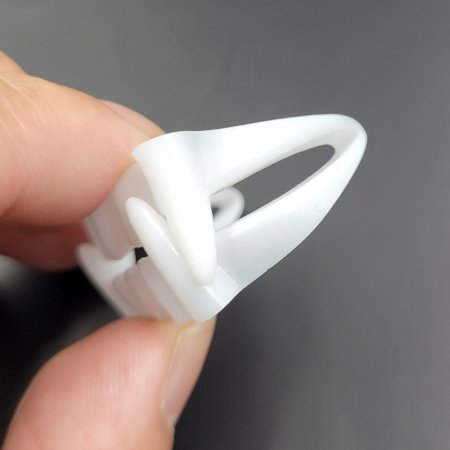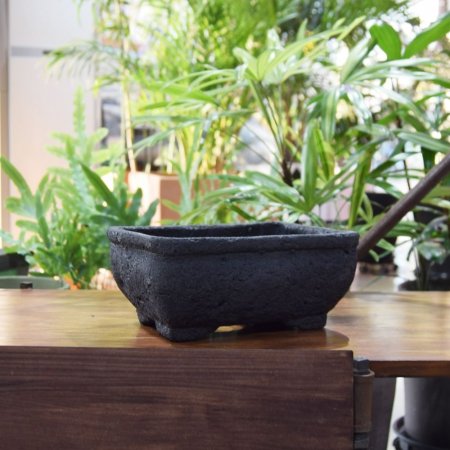[문화재청](국영문 동시배포) 국립고궁박물관, 모란 수놓인 향주머니 공개

문화재청 국립고궁박물관(관장 김인규)은 1일부터 국립고궁박물관 2층 왕실생활실에서 모란불수문 향주머니(牡丹文 香囊)를 2월의 큐레이터 추천 왕실 유물로 정해 공개하고, 문화재청과 국립고궁박물관 유튜브를 통해 온라인 영상으로도 선보인다.
* 문화재청 유튜브: https://www.youtube.com/chluvu
* 국립고궁박물관 유튜브: https://www.youtube.com/@gogungmuseum
모란불수문 향주머니는 대한제국의 마지막 황태자인 영친왕(英親王, 1897~1970년)의 것으로 추정되며, 주머니 안에는 한지로 싼 고급향이 담겨 있었다. 이 향주머니는 국립고궁박물관이 소장한 ‘영친왕 일가 복식 및 장신구류’(333점, 국가민속문화재) 가운데 한 점으로, 1991년 일본에서 국내로 반환되었다.
* 영친왕: 고종의 일곱째 아들로 본명은 이은(李垠, 1897∼1970년)
* 영친왕 일가 복식 및 장신구류: 본래 영왕비(이방자 여사)가 소유하였다가 도쿄국립박물관의 관리를 거쳐, 1991년 ‘영왕가에 유래하는 복식 등 양도에 관한 협정’에 따라 국내 반환된 영왕가 관련 유물 333점. 국가민속문화재로 지정되어 현재 국립고궁박물관에서 소장
왕실 공예품의 높은 제작 수준을 보여주는 이 문화유산은 홍색과 황색 무문단(無紋緞) 두 바탕 양쪽에 큼직한 모란을 수놓고 그 주변에 불수감(佛手柑)이나 작은 꽃을 어우러지게 배치하여 꾸몄다. 징금수 기법으로 정성스럽게 수놓인 모란과 불수감은 각각 부귀(富貴), 장수(長壽)를 상징하여, 왕실의 번영을 바라는 마음이 담겨 있다. 또한 주머니 윗부분에 15개의 주름을 잡고 유리구슬을 꿴 남색 끈목으로 조여 내려뜨렸다.
* 무문단: 문양 없이 짠 비단으로, 표면이 매끄럽고 광택이 풍부한 특징을 가짐
* 불수감: 불수감나무 열매로 부처님 손처럼 생겼다고 해서 불수, 불수귤로도 불리는 감귤류 과일
* 징금수: 금속 실을 가느다란 견사를 사용하여 바탕 천 위에서 고정시키며 수놓는 자수 기법으로 조선시대 궁중 자수의 정수를 보여줌
문화재청 국립고궁박물관은 앞으로도 적극행정의 일환으로 조선왕실과 대한제국 황실의 다양한 문화유산을 선보일 예정이다.
The National Palace Museum of Korea (Director: Kim In Kyu), an affiliate of the Cultural Heritage Administration of Korea, has selected “Sachet Pouch with Designs of Peonies and Buddha’s Hand Citrus” as its “Curator’s Choice from the Royal Treasures” for the month of February. Starting February 1, the pouch will be on display in the Royal Court Life Gallery on the second floor of the museum.
The pouch, which is presumed to have belonged to Imperial Prince Yeong (1897?1970; also known as King Yeongchin), is characterized by a round form. It still contains aromatic materials wrapped in traditional Korean mulberry pulp paper (hanji). The pouch was part of a group of 333 items of clothing and accessories once belonging to the family of Imperial Prince Yeong that were returned from Japan to Korea in 1991. Under the title “Clothes and Accessories Worn by King Yeongchin and His Family,” they were designated by the South Korean government as National Folklore Cultural Heritage and are currently housed in the National Palace Museum of Korea.
* Imperial Prince Yeong (1897 ? 1970; birth name: Yi Eun) was the seventh son of King Gojong. He was the last imperial prince of the Korean Empire.
* Clothes and Accessories Worn by King Yeongchin and his family is a collection of 333 pieces of clothing and accessories once belonging to the family of Imperial Prince Yeong. They were originally held by the consort of the imperial prince, but were later sent to the National Museum of Tokyo for management. In 1991, the items were returned to Korea in accordance with an agreement signed between South Korea and Japan regarding the transfer of clothing originating with the family of Imperial Prince Yeong.
Demonstrating the sophisticated crafting applied to court sachet pouches, this cultural heritage item is made of unpatterned red silk gauze on one side and unpatterned yellow silk gauze on the other. Both sides are embroidered with large designs of peonies combined with smaller designs of Buddha’s hand citrus and small flowers. The opening of the pouch features fifteen pleats threaded with a flat braided string dyed navy blue and finished at either end with a glass bead. The designs of peonies and Buddha’s hand citrus were elaborately embroidered using couching stitches. They respectively symbolize wealth and honor and longevity, and also express wishes for the prosperity of the imperial court.
*Unpatterned silk gauze is characterized by a smooth surface and high gloss.
*Buddha’s hand is a variety of citrus named for its perceived resemblance to the hand of the Buddha.
*Couching is an embroidery technique involving tacking metallic thread onto a base fabric using silk thread. It was considered the apex of the embroidery techniques used for in the Joseon royal court.
In addition to being displayed in the museum gallery, this month’s Curator’s Choice ? Sachet Pouch with Designs of Peonies and Buddha’s Hand Citrus ? will be presented virtually through a video on the YouTube channels of the museum and the Cultural Heritage Administration of Korea.
* Cultural Heritage Administration YouTube: https://www.youtube.com/chluvu
* National Palace Museum of Korea YouTube: https://www.youtube.com/gogungmuseum1100
< 모란불수문 향주머니(牡丹文 香囊) >
[자료제공 :











